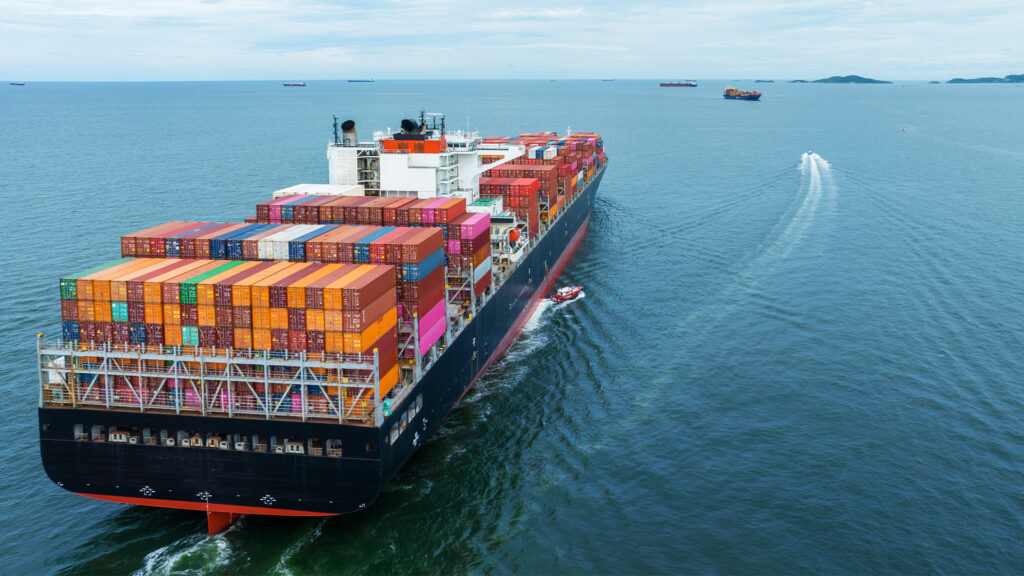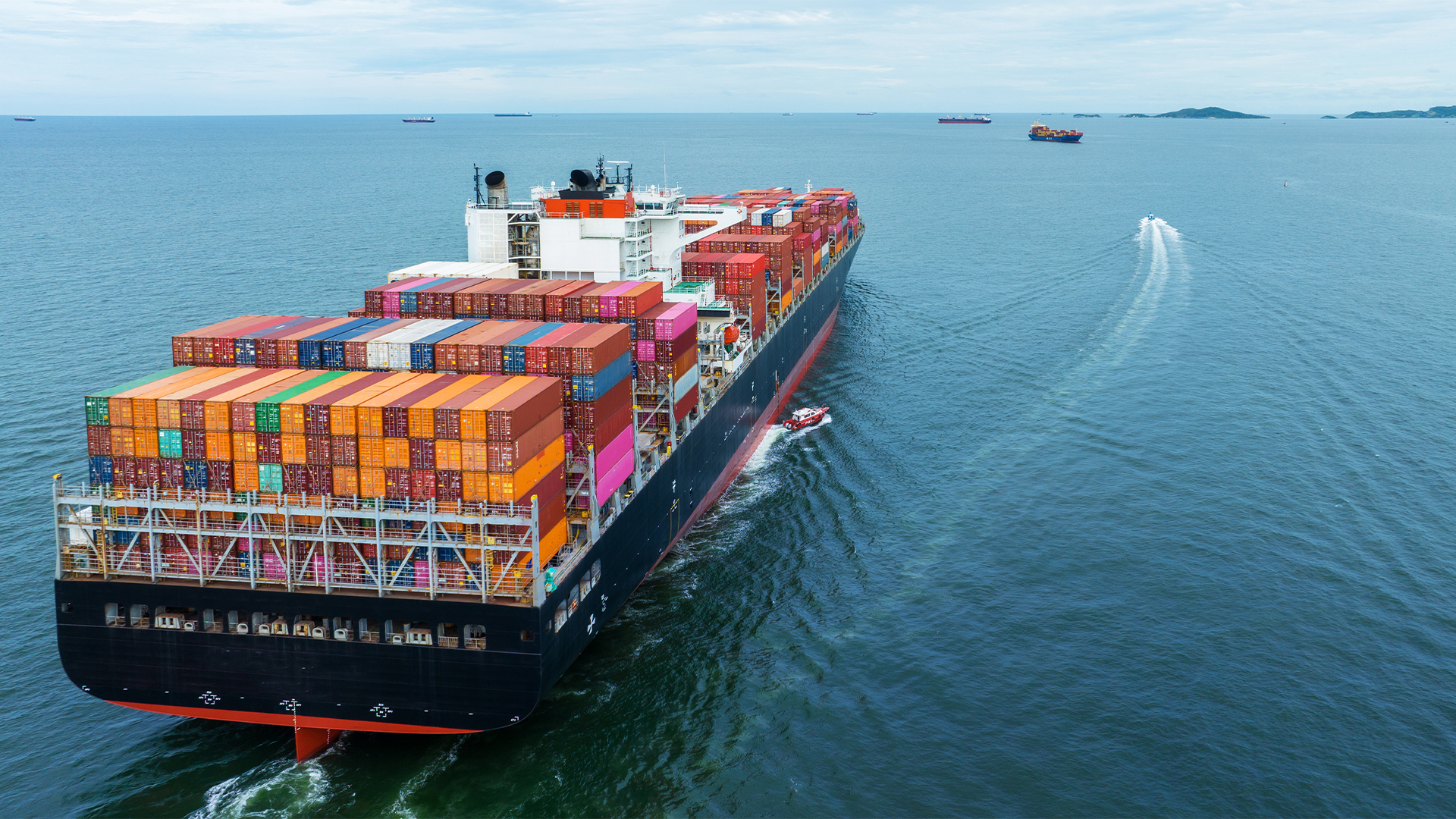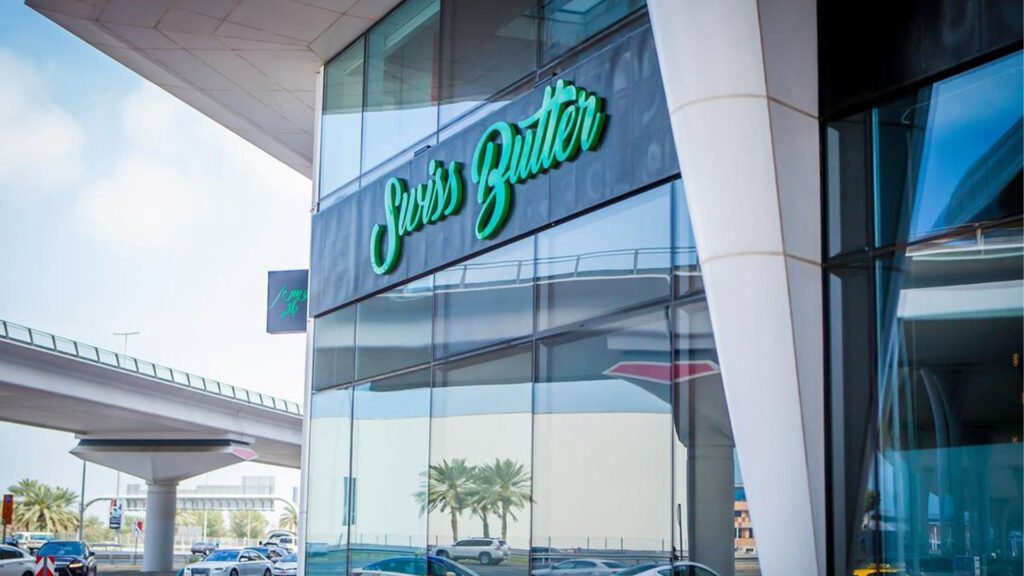
With several big shipping companies diverting their routes away from the Red Sea due to current conflicts, the delivery of shipping containers and consumer goods is taking longer than usual.
Over the past few months, a number of Maersk and MSC container ships have been assaulted by Houthi rebels, which has reinforced the importance for shipping companies to map out alternative routes for the security of their crew members and container cargo.
So, what does this mean for businesses awaiting commercial deliveries? Cleveland Containers, one of the UK’s leading suppliers of shipping containers, explains how the Red Sea disruptions are affecting industries across the country.
What is happening in the Red Sea?
Since the beginning of the Israel-Hames conflict in October, Houthi rebels have been launching rockets and drones against foreign-owned ships navigating through the strait of Bab al-Mandab. This is a 20-mile wide channel separating Yemen on the Arabian Peninsula side and Eritrea and Djibouti on the east African coast.
Andrew Thompson, Chief Executive Officer of the Cleveland Group, which consists of Cleveland Containers, Cleveland Hire and Cleveland Modular, said, “Generally, ships enter the strait of Bab al-Mandab from the south to cross the Red Sea and reach the Mediterranean via Egypt’s Suez Canal.
“But the threat of potential attacks has forced global shipping firms to amend their itineraries, with vessels now cruising around the Cape of Good Hope (South Africa) and then all the way up the west side of the continent.
“This is causing severe delays to shipping deliveries, as the alternative route can extend transit times to at least two or three weeks. And, in turn, the delays are also having a knock-on effect on the operations of sectors and companies all over the UK, impacting stock availability and delivery pricing.”
What sector is being affected the most?
Many sectors, such as retail and construction, are being significantly affected by the Red Sea disruptions, as companies deal with supply chain logjams due to the rerouting of deliveries.
Manufacturing is no doubt one of the industries that has to tackle the harsh consequences of the ongoing situation, too. For example, at the start of 2024, big automakers such as Volvo, Tesla, and Suzuki had to suspend some production across Europe because of shortages in components.
In particular, the UK manufacturing sector has witnessed a decline in operations in recent times, and the Red Sea problems have contributed to hindering the situation even further. As of January 2024, its purchasing managers’ index (PMI) stood at 47.0, with any reading below 50 indicating a contraction.
The current delays are prolonging expected deliveries, causing disruptions to production schedules and increasing financial pressures at a time when companies are already struggling to make ends meet.
The additional costs behind the Red Sea disruptions
The ongoing disruption in the Red Sea means that the cost of delivering goods worldwide is increasing, too.
The forced change in route has increased sailing times by 30%, leading to a rise in fuel consumption and extended work shifts for ship crews.
Not to mention that shipping companies are facing additional port fees as vessels need to stop more often along the way, as well as higher freight expenses overall.
So, ultimately, this is why businesses across the UK are currently having to spend more money on the delivery of products, items, and materials to keep their operations going.
It is also worth noting that the delays of goods leaving China and other parts of the world are escalating demand and impacting availability. Some sectors might be experiencing significant stocking issues, whereas others may not have the materials they need to fuel their industrial processes.
In short, the Red Sea disruptions are causing a slowdown in production, resulting in lower output and an overall loss in revenue for companies all over the country.
As things stand, the threat of Houthi attacks on vessels in the Red Sea is setting back transit times, increasing shipping costs, and putting the financial wellbeing of several sectors to the test.
While it is difficult to make predictions at this stage, the hope is that the situation will ease over the coming months to restore some sort of normality worldwide.






















